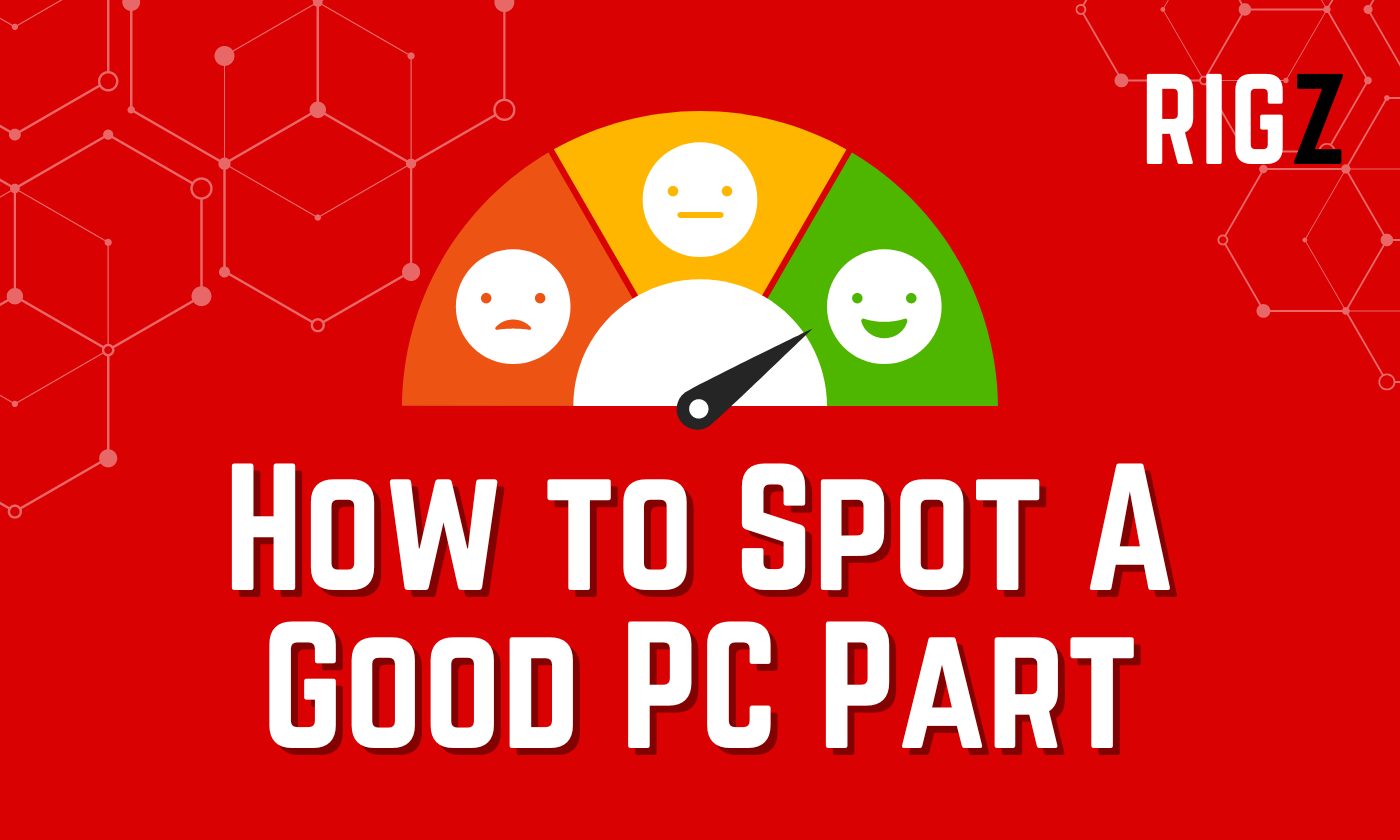Computers are a complex blend of components. For the uninitiated, picking a good part can be like finding a needle in a haystack.
I’m here to break down the mystery and give you a solid understanding of how to know if a PC part is good.
How to Know if a PC Part is Good: A Quick Answer
A good PC part usually offers a balance between performance and price, has positive reviews from reputable sources, is compatible with your system, and comes with a manufacturer’s warranty.
While brand reputation can be a reliable indicator, independent benchmarks and user feedback are crucial.
Brand Reputation
Ah, the age-old debate: are big-name brands always better? Not necessarily. However, they often come with the advantage of proven track records and reliability.
Researching the reputation of a brand can give you an idea of the overall quality of their products.
Remember, every brand might have a dud once in a while, but consistent positive feedback is a good sign.
Benchmarks and Performance
When in doubt, look at the numbers. Benchmarks provide objective, quantifiable data on how a part performs under specific conditions. Whether it’s a graphics card, processor, or hard drive, there are benchmark tests available.
Just make sure you’re comparing apples to apples – a benchmark for a gaming graphics card might not be applicable for one designed for graphic design.
Compatibility Checks
The fanciest, most top-rated component is worthless if it doesn’t fit or work with your system. Tools like PCPartPicker can help ensure the parts you choose are compatible with one another.
Warranty and Support
A good warranty can be the safety net for your investments. Parts from reputable brands usually come with robust warranties and customer support. If a part lacks these, you might want to reconsider, even if the price is tantalizing.
Personal Recommendations and Reviews
Ask around! Your friends, family, or that colleague who won’t stop talking about their new rig. Personal recommendations can be invaluable.
Online reviews, especially from trusted tech websites and forums, can also provide insights into real-world performance and potential issues.
FAQ
What do benchmarks really tell me?
Benchmarks provide a numerical representation of a component’s performance under specific conditions. They’re a great way to compare similar parts objectively.
Is a more expensive part always better?
Nope! Price doesn’t always equate to quality. Sometimes, you’re paying for a brand name or features you might not need.
How do I check if a part is compatible with my system?
Tools like PCPartPicker are great for this. Also, ensure the specs match your system requirements, especially for power and physical size.
Do I need to stick to big-name brands?
While they often have a track record of reliability, there are many lesser-known brands that offer quality parts. Do your research!
Can I trust online reviews?
Mostly, yes. Look for reviews from reputable tech websites and forums. However, always be wary of fake reviews.
Conclusion
When looking for a good PC part, prioritize performance data, compatibility, warranty, and real-world reviews. Brand names might be a quick shortcut, but they’re not the be-all and end-all.
With a bit of research and a dash of patience, you’ll be well on your way to making an informed decision.
